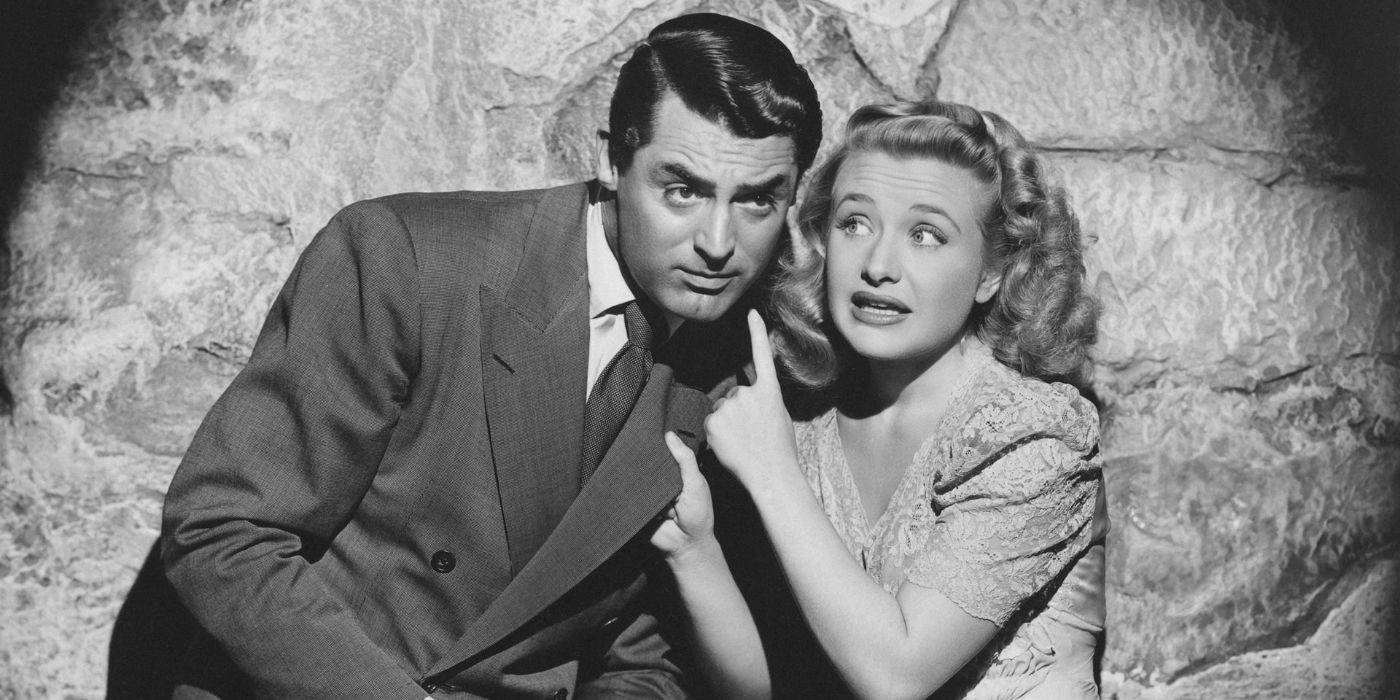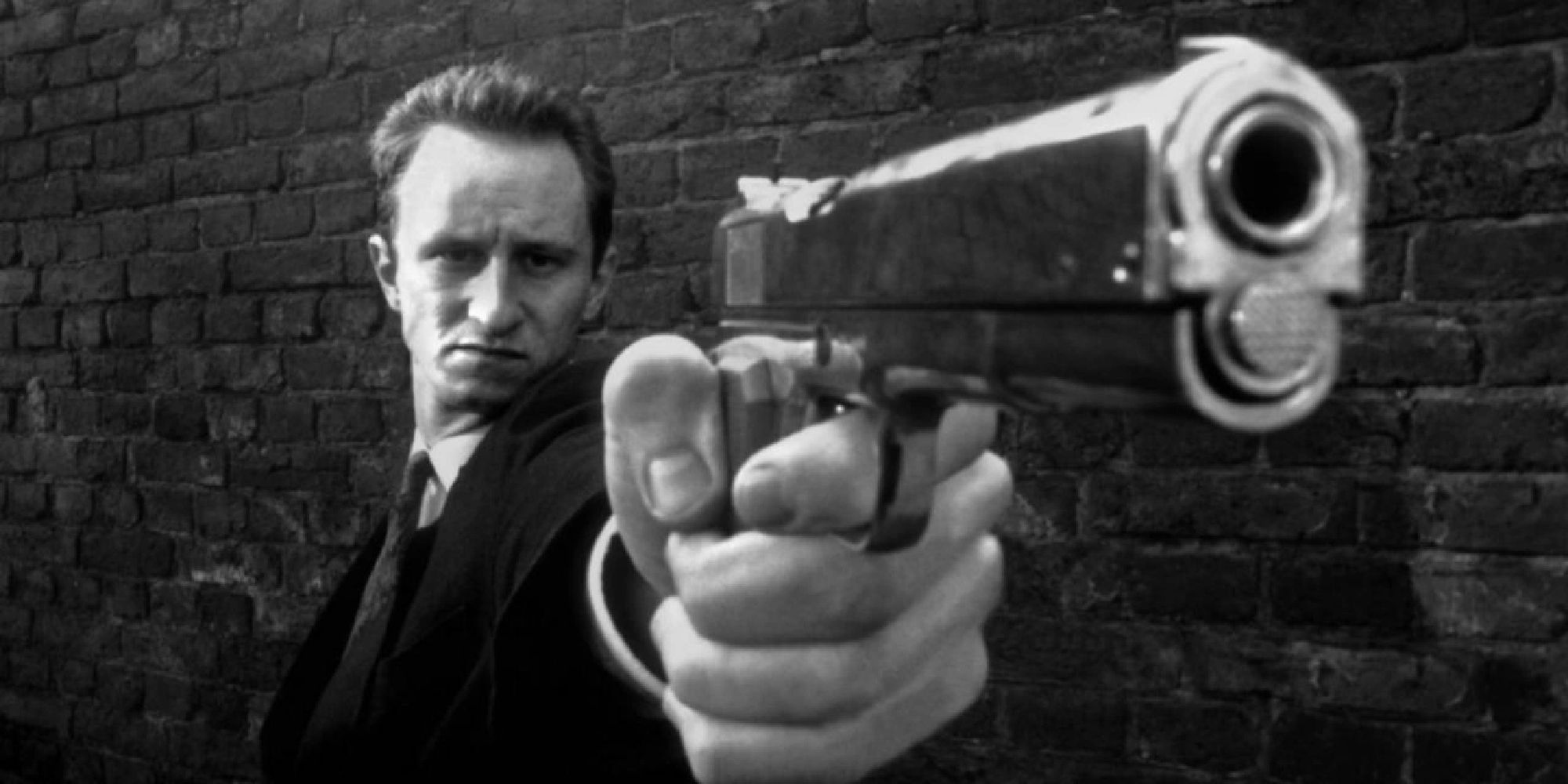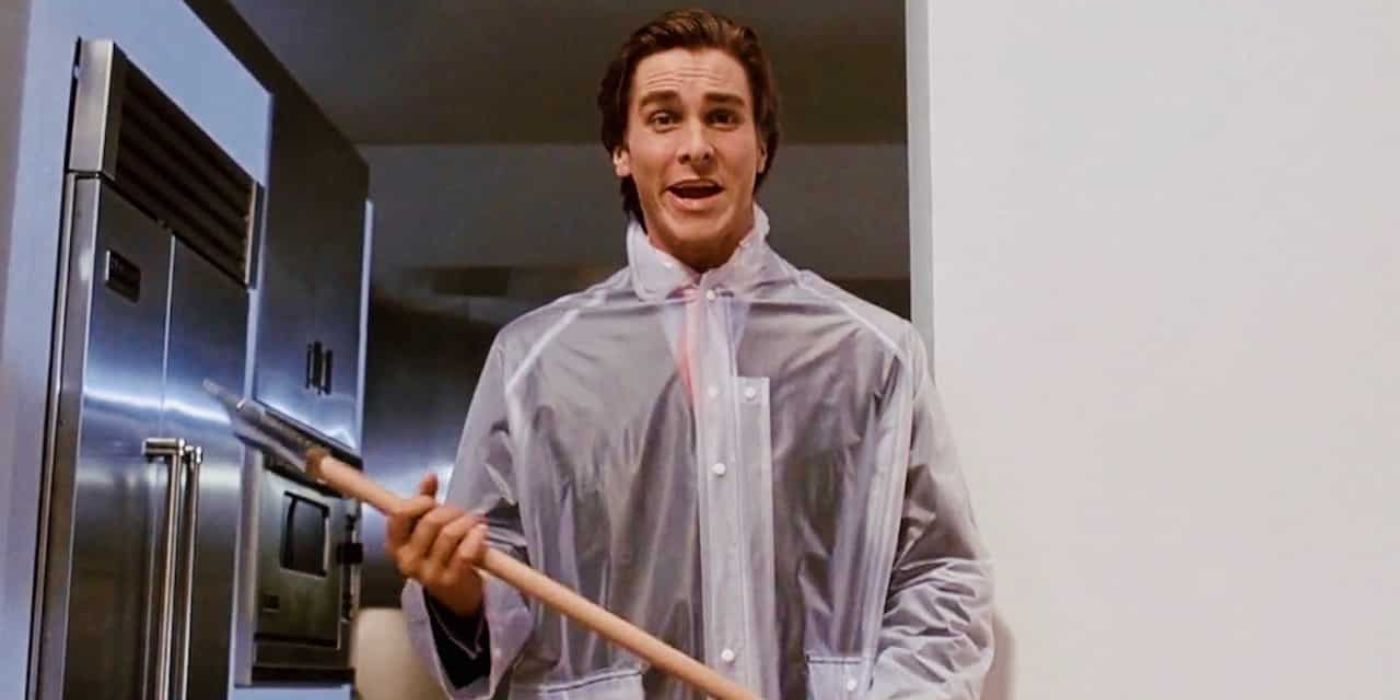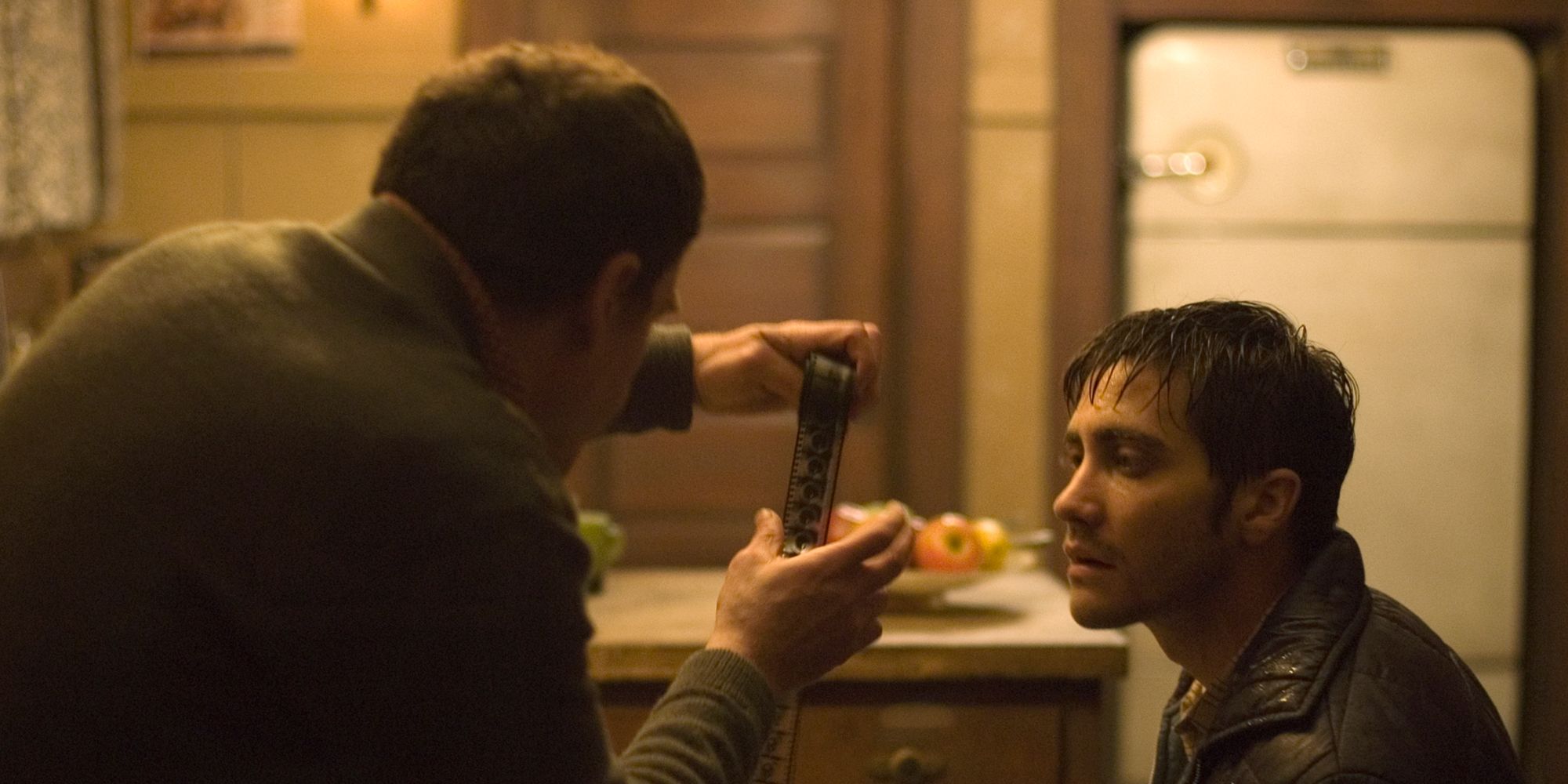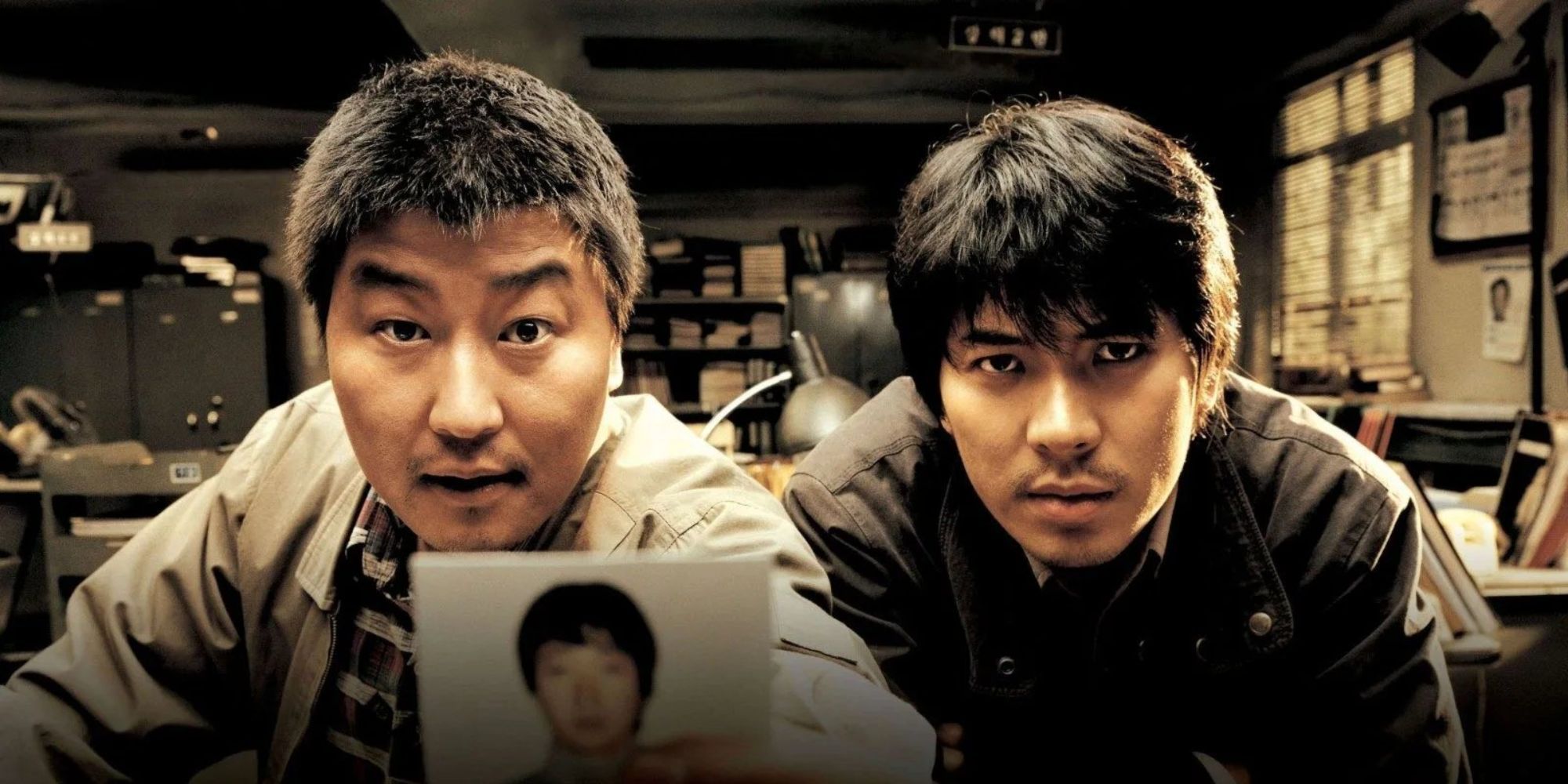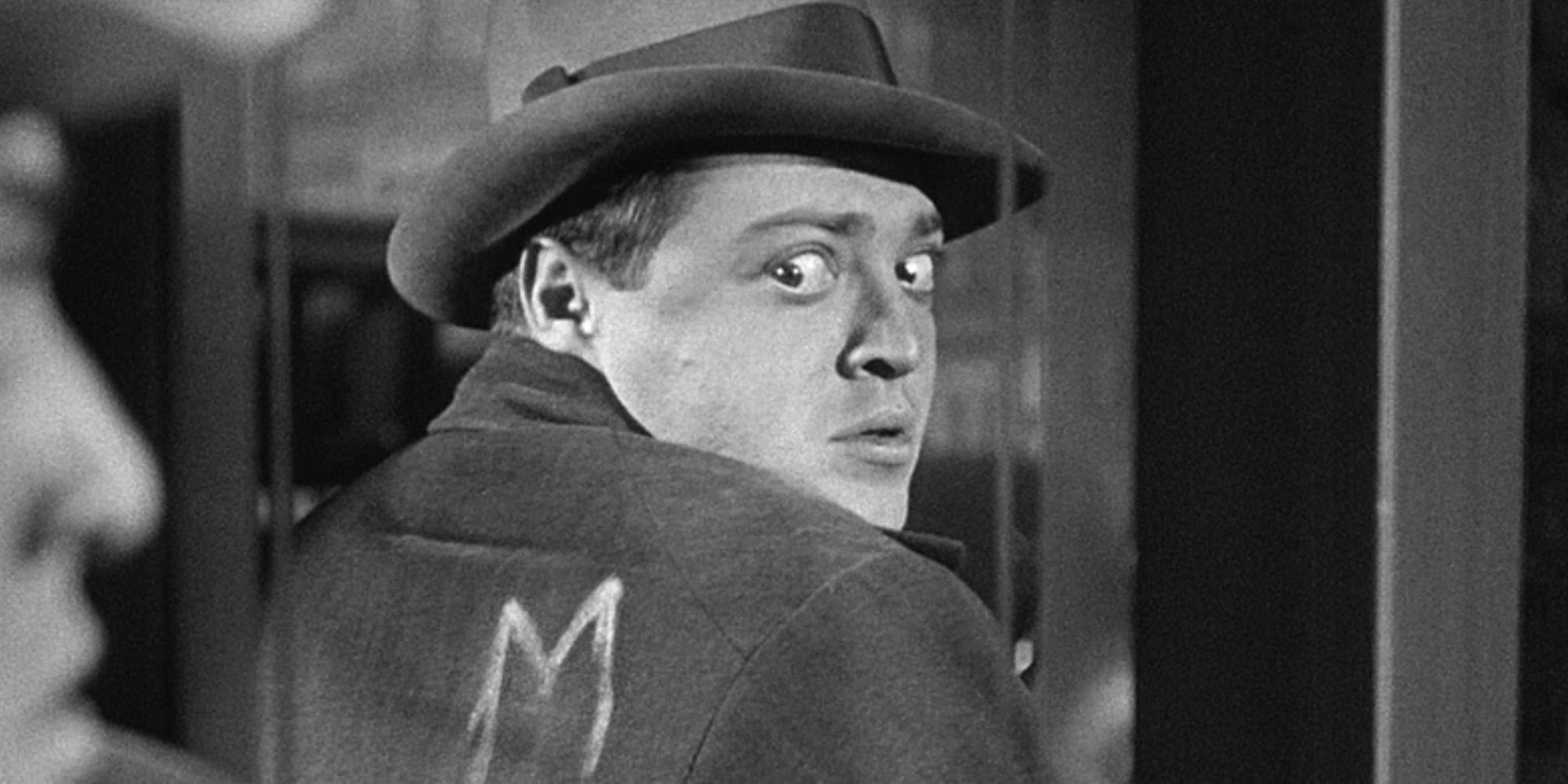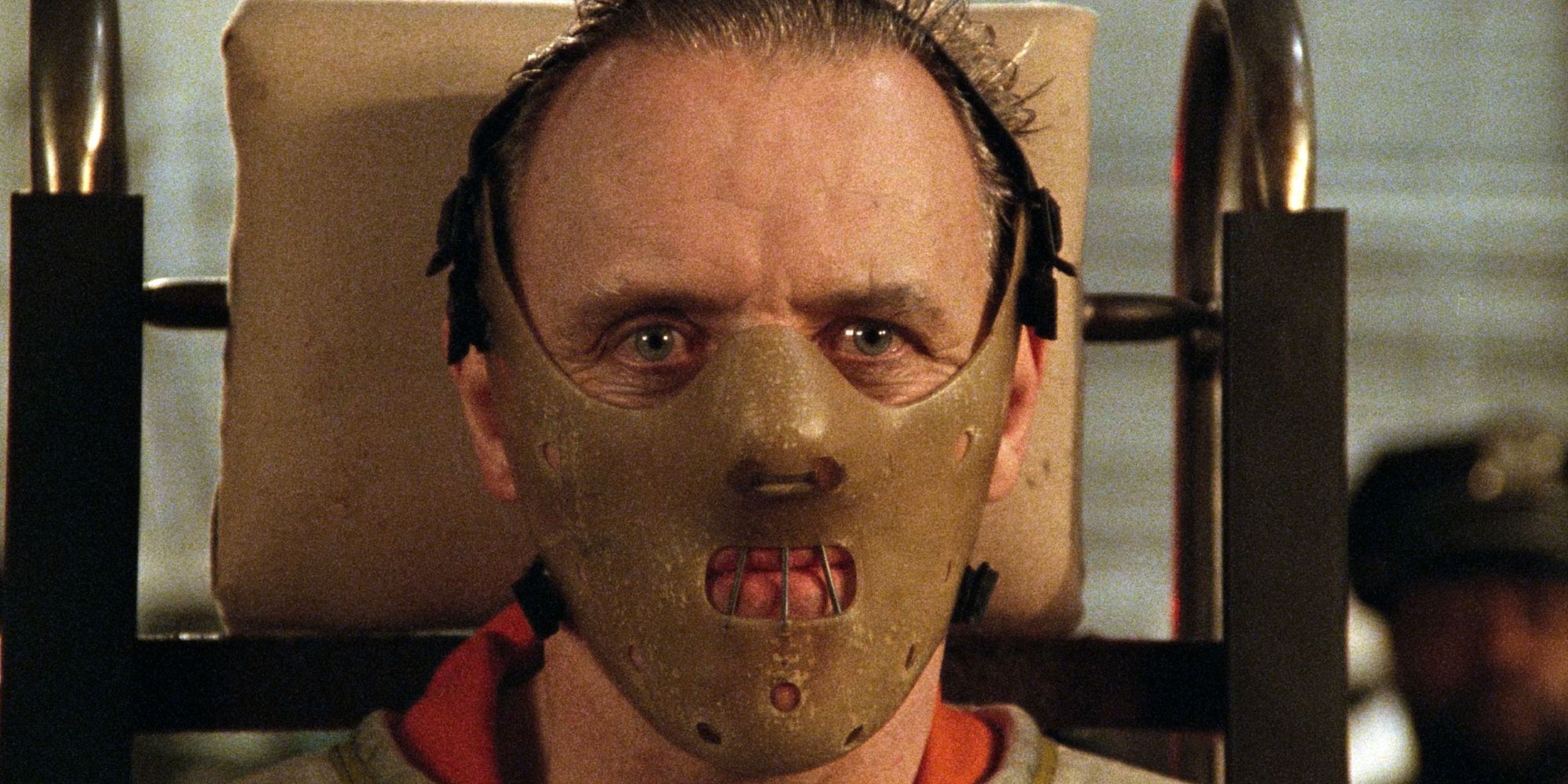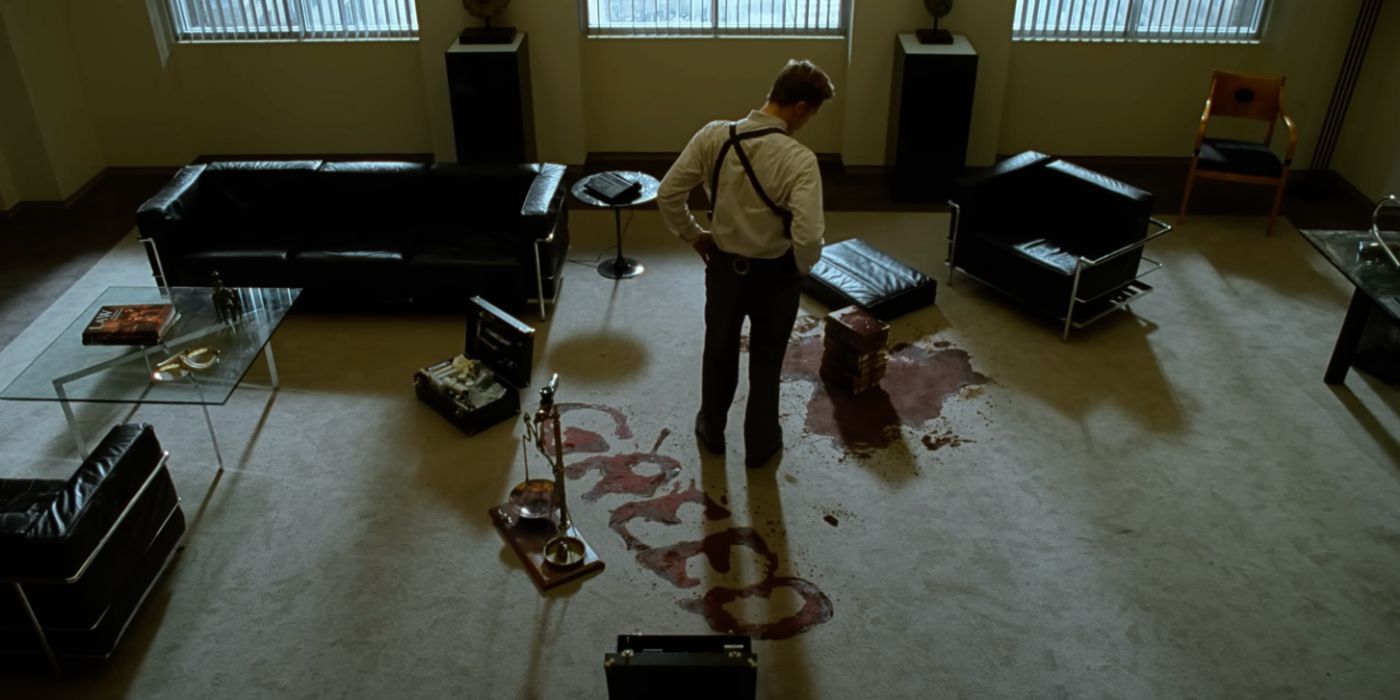Serial killer movies have been a cinematic mainstay for close to a century now. People are clearly morbidly fascinated by murderers. It’s understandable; unlike other movie antagonists like vampires, zombies, and demons, human killers are sadly all too real. While some films about serial killers are simply pulpy and exploitative, others engage with these ideas intelligently, making thoughtful statements even while remaining tense and gripping.
With this in mind, this list looks at some of the very best serial killer movies ever made. Some present methodical investigations into real-life cases, while others plunge viewers into the minds of the killers themselves. They run the gamut from the old-school psychological horror of Psycho to the neo-noir mystery of Zodiac. All of them are great, however, and continue to pack a punch as tense thrillers and fascinating explorations of the dangers of the human psyche.
10
‘Peeping Tom’ (1960)
Directed by Michael Powell
«Do you know what the most frightening thing in the world is? It’s fear.» Peeping Tom is a groundbreaking psychological thriller directed by Michael Powell, one half of the influential filmmaking duo Powell and Pressburger (aka The Archers). It focuses on Mark Lewis (Karlheinz Böhm), a reserved and socially awkward cameraman with a terrifying obsession—he films women at the moment of their death, capturing their final expressions of fear. Mark’s compulsion stems from a traumatic childhood experiment in which his father subjected him to psychological tests on fear.
The movie was incredibly controversial on release, so much so that it nearly ended director Powell’s career. Subsequent generations have been kinder to it, with many fans and filmmakers considering it a masterpiece. Martin Scorsese, for instance, has praised Peeping Tom for «show[ing] the aggression of [filmmaking], how the camera violates.» Indeed, this movie is one of the all-time best cinematic statements on voyeurism, up there with Hitchcock‘s Rear Window.
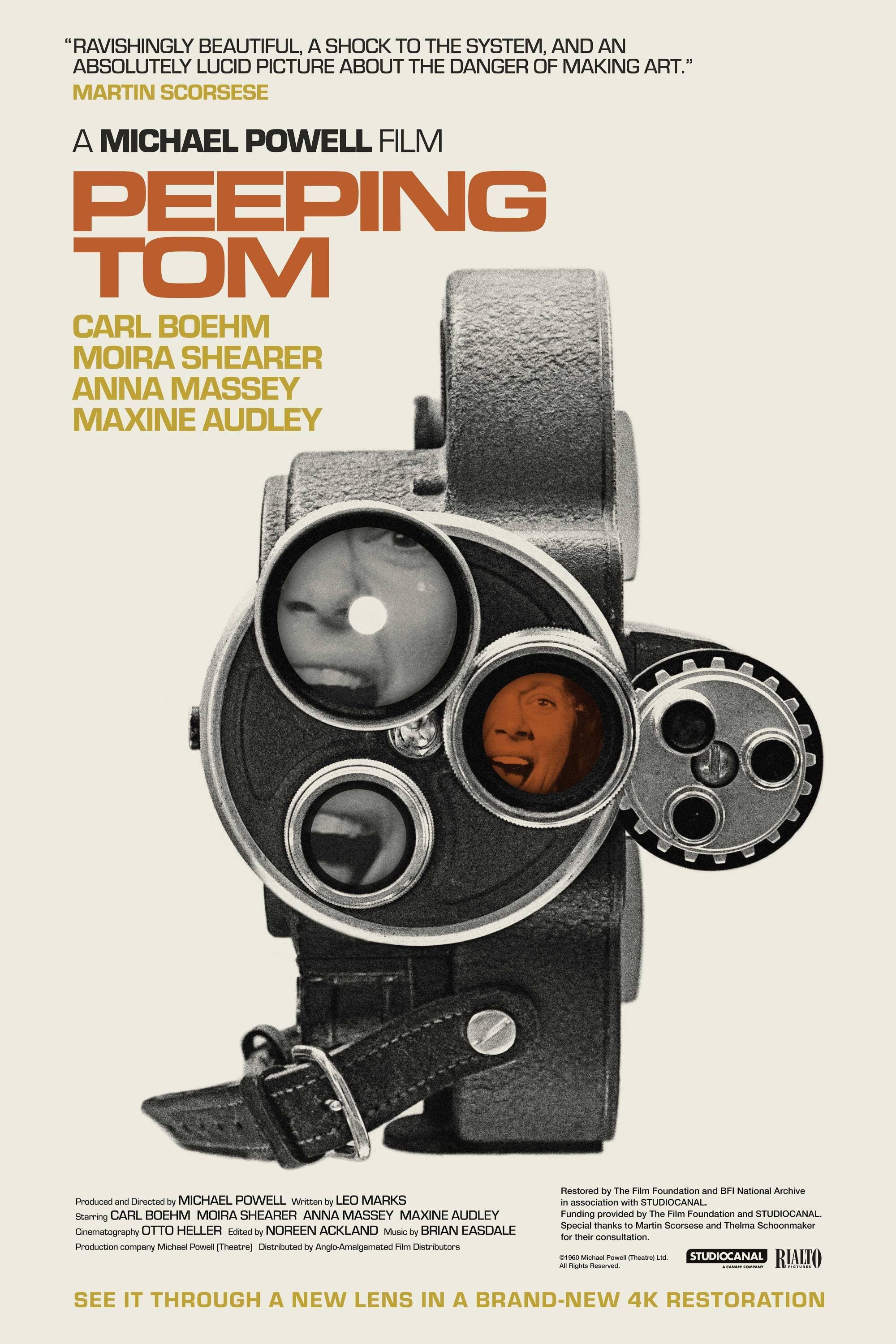
Peeping Tom
- Release Date
-
May 16, 1960
- Runtime
-
101 Minutes
- Director
-
Michael Powell
9
‘Arsenic and Old Lace’ (1944)
Directed by Frank Capra
«Insanity runs in my family. It practically gallops.» Unlike most serial killer films, Arsenic and Old Lace takes a darkly humorous approach to murder, becoming an absurd comedy of errors rather than a thriller. Cary Grant leads the cast as Mortimer Brewster, a drama critic who, on his wedding day, discovers a shocking family secret—his sweet elderly aunts, Abby (Josephine Hull) and Martha (Jean Adair), have been poisoning lonely old men as an act of «charity.» To make matters worse, his long-lost brother Jonathan (Raymond Massey), a genuine psychopath, arrives at the family home with a high body count and a plan to dispose of another victim.
The ensuing chaos is a blend of farce and macabre humor, as Mortimer desperately tries to keep his family’s dark deeds under wraps. He becomes increasingly exasperated, with Grant nailing his shocked expressions and frantic double takes. In this regard, Arsenic and Old Lace is one of the best showcases for his terrific comedic timing and physicality.
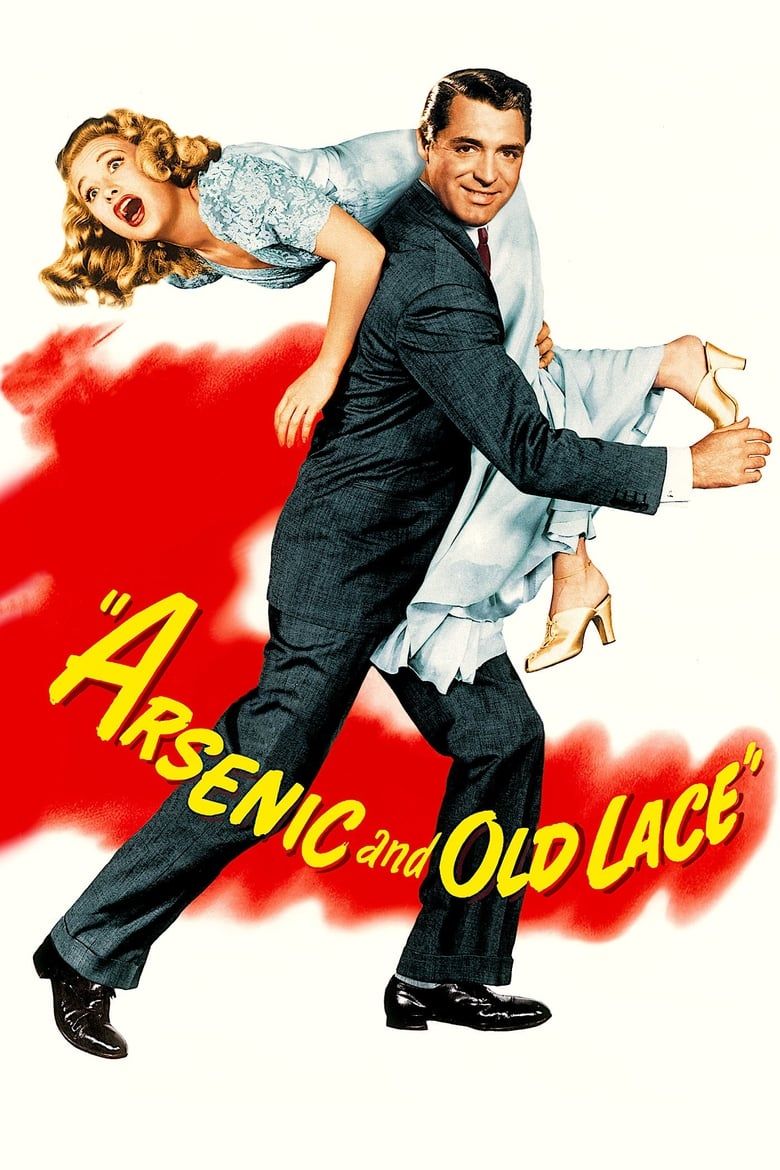
Arsenic and Old Lace
- Release Date
-
September 1, 1944
- Runtime
-
118 minutes
- Director
-
Frank Capra
8
‘Man Bites Dog’ (1992)
Directed by Rémy Belvaux, André Bonzel, and Benoît Poelvoorde
«It’s easy to kill a person. You just have to be motivated.» Few films are as disturbingly satirical as Man Bites Dog, a faux-documentary that follows the exploits of Ben (Benoît Poelvoorde), a charismatic yet sadistic serial killer. A crew of filmmakers follow Ben as he commits his murders, and as the story progresses, they become complicit in his crimes. The film’s dark humor and shocking violence push the boundaries of taste, earning it both praise and fierce criticism.
It’s also thematically rich. Like Peeping Tom, Man Bites Dog becomes a meta commentary on filmmaking itself and society’s fascination with killers. The viewer is not spared from the film’s unflinching satire. Man Bites Dog is aesthetically resourceful, too, making the most of its small budget. The grainy black-and-white adds to, rather than detracts from, the subject matter, and the lack of polish makes everything seem more real. What a lean, mean, audacious film.
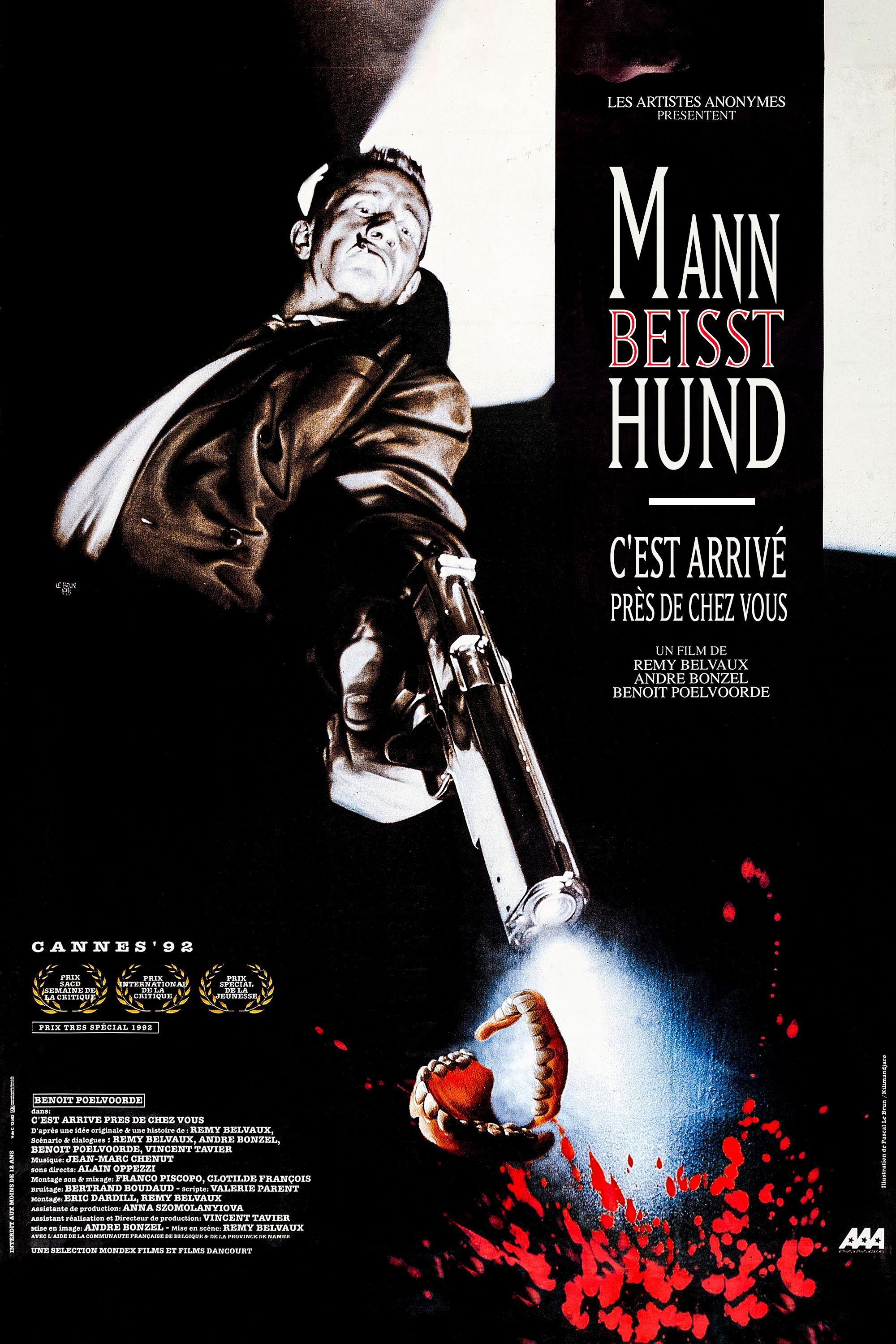
Man Bites Dog
- Release Date
-
January 15, 1993
- Runtime
-
95 Minutes
- Director
-
Rémy Belvaux, André Bonzel, Benoît Poelvoorde
7
‘American Psycho’ (2000)
Directed by Mary Harron
«I have to return some videotapes.» American Psycho is another movie that wears the garb of a serial killer story but really functions as a satire, this time skewing materialism, narcissism, and the profit motive run amok. The chilling Patrick Bateman (Christian Bale) obsessively examines minute details of his colleagues’ business cards, reviews ’80s pop music, and commits shockingly violent murders. In the process, he becomes an exaggerated avatar of Wall Street soullessness.
Bale delivers a phenomenal lead performance, single-handedly establishing himself as a major force. He shines with every detail of his performance, whether it’s the slight pursing of his lips, the manic gleam in his eyes, or the tightly controlled bursts of rage. Indeed, the character made for a radical contrast to his charming, lovesick character in Little Women a few years earlier. In terms of the direction, Mary Harron conjures up a sterile, white world for him to inhabit, further emphasizing his inner emptiness.
6
‘Zodiac’ (2007)
Directed by David Fincher
«Before I kill you, I’m going to throw your baby out the window.» Zodiac is a meticulous and haunting depiction of one of America’s most infamous unsolved cases. Jake Gyllenhaal has top billing as newspaper cartoonist Robert Graysmith, joined by Robert Downey Jr. as crime reporter Paul Avery and Mark Ruffalo as detective Dave Toschi, all of whom become obsessed with the Zodiac Killer. Through them, the movie examines the costs of such fixations on mysteries and theories.
Unlike most serial killer films that build toward a climactic capture, Zodiac is really about the frustration of a case that remains open-ended. Everything is steeped in paranoia, as the killer taunts authorities with cryptic letters yet evades their searches. Aesthetically, David Fincher constructs Zodiac with near-surgical precision, reveling in incomplete details, dead-end leads, and frustrating contradictions. Every element is bolted into its right place; it’s all killer, no filler. For all these reasons, though not a big success on release, Zodiac has since become a cult film.
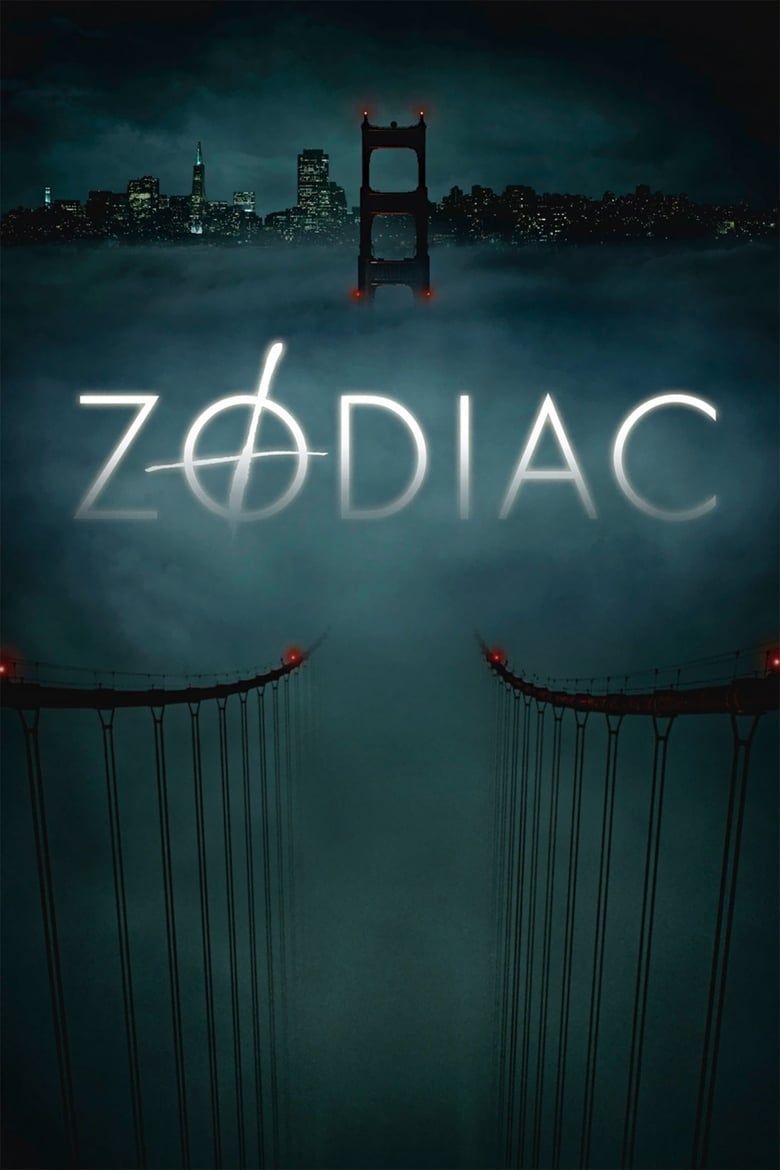
Zodiac
- Release Date
-
March 2, 2007
- Runtime
-
157 minutes
5
‘Memories of Murder’ (2003)
Directed by Bong Joon-ho
«Do you think you can catch me?» If Zodiac was a commentary on obsession, then Bong Joon-ho‘s Memories of Murder is an examination of incompetence. Based on South Korea’s first documented serial murders, the film follows two detectives—local officer Park Doo-man (Song Kang-ho) and the more methodical Seo Tae-yoon (Kim Sang-kyung)—as they try to track down a killer who preys on women during rainy nights. Unlike the slick professionals of Hollywood crime dramas, these detectives are flawed, often resorting to brute force and guesswork rather than actual evidence.
Consequently, their investigation is filled with dead ends, misjudgments, and escalating desperation as the killer remains just out of reach. Bong dismantles the tropes of the serial killer procedural, showing us an investigation where forensic rigor is nonexistent and the crime scene is treated with complete disregard. In the process, Memories of Murder becomes an indictment of many South Korean institutions during the 1980s, a time when the country was still ruled by an autocratic government.
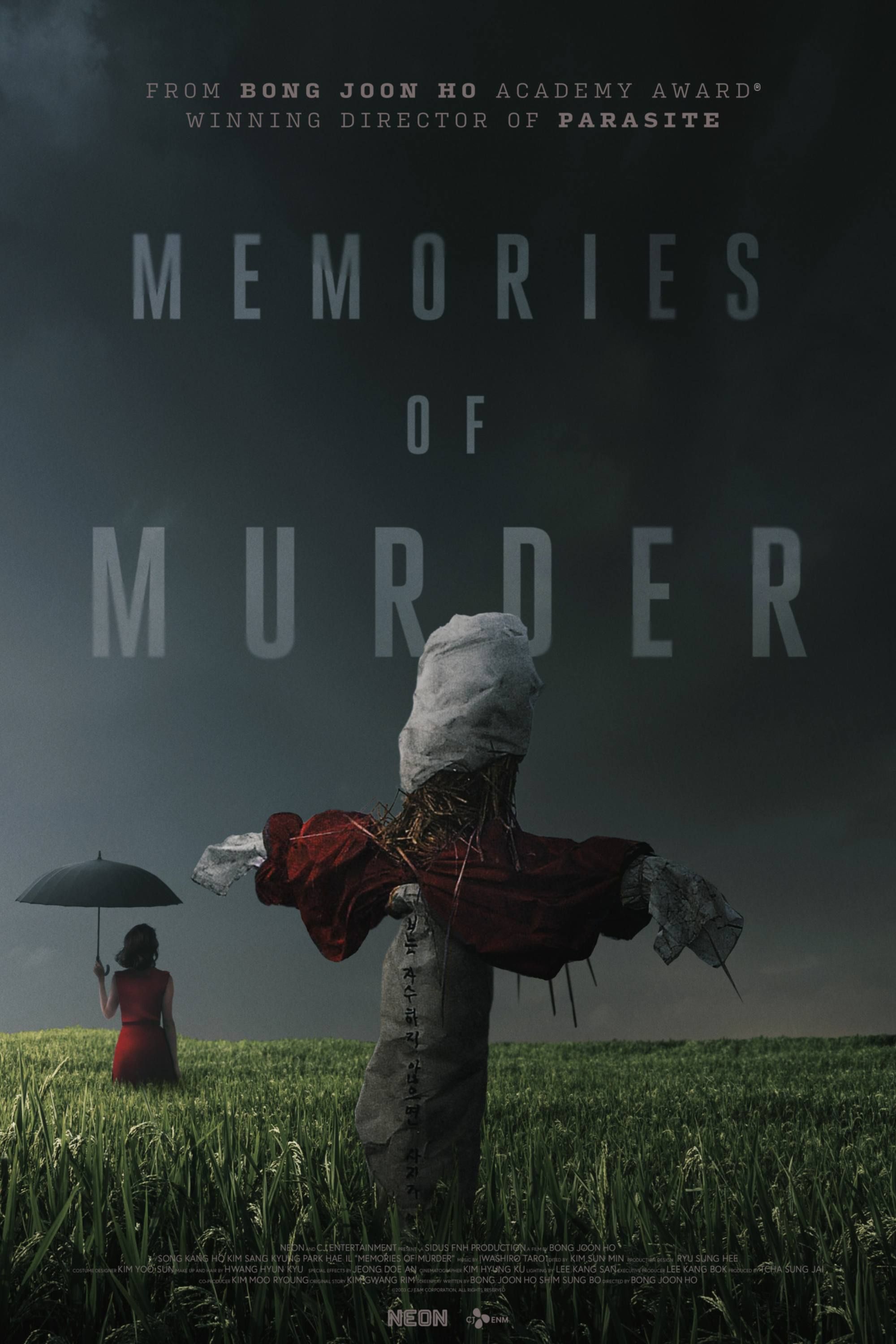
Memories of Murder
- Release Date
-
May 2, 2003
- Runtime
-
132 Minutes
- Director
-
Bong Joon Ho
4
‘M’ (1931)
Directed by Fritz Lang
«I can’t help myself! I have no control over this evil thing inside of me, the fire, the voices, the torment!» M is an influential movie by German Expressionist master Fritz Lang, the filmmaker behind Metropolis and Woman in the Moon. This one features Peter Lorre as Hans Beckert, a child murderer whose crimes send an entire city into hysteria. As police crack down on criminals in an attempt to find the killer, the city’s underworld decides to take matters into its own hands, leading to a harrowing sequence where Beckert is put on trial by a jury of thieves and murderers.
M pioneered many conventions of the subgenre, like intercutting between the feverish police investigations and the killer’s boring, pathetic everyday life. Lang also uses shadows and eerie silence to build suspense, techniques that countless later filmmakers would borrow from liberally. The result is a smart, chilling movie about the horrors of child abuse, the dangers of mob rule, and the nature of justice.
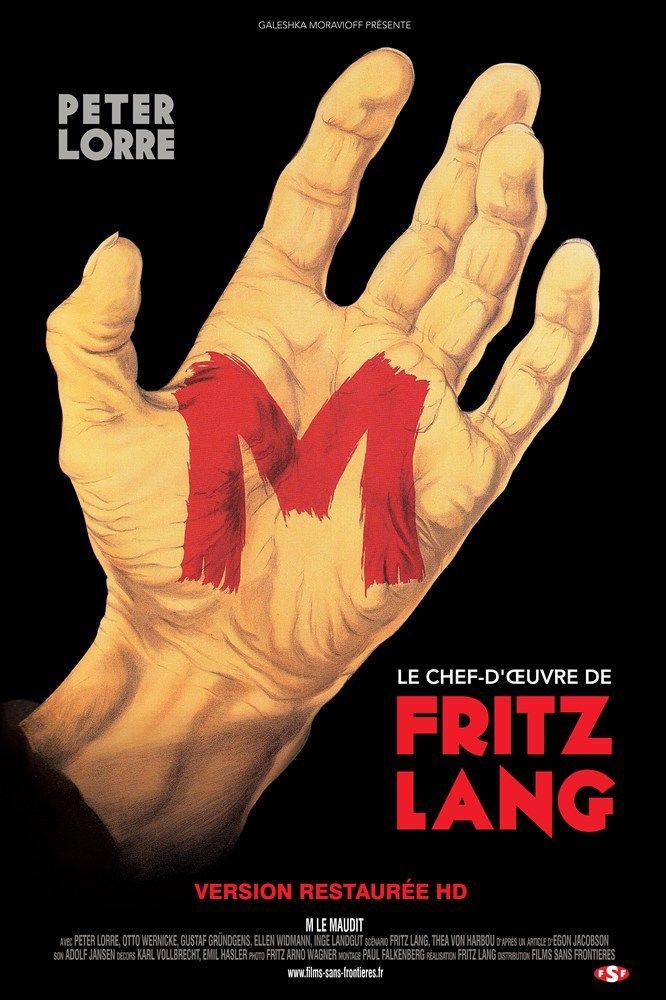
M
- Release Date
-
May 11, 1931
- Runtime
-
99 Minutes
- Director
-
Fritz Lang
3
‘Psycho’ (1960)
Directed by Alfred Hitchcock
«A boy’s best friend is his mother.» Far and away the most iconic film in this subgenre, Psycho landed in cinemas like a thunderbolt, immediately redefining what on-screen horror could be. Initially presenting itself as a crime thriller about a woman on the run, the film takes a shocking turn when Marion Crane (Janet Leigh) checks into the eerie Bates Motel. Norman (Anthony Perkins), the soft-spoken and awkward owner, seems harmless at first, but as Marion meets her grisly fate in the infamous shower scene, Psycho transforms into something far more sinister.
The movie fires on all cylinders, from its narrative subversion and striking cinematography to Bernard Hermann‘s tense score and the cleverness with which it circumvents the restrictions of the Hays Code. Finally, on the acting front, Perkins captures the low unraveling of Norman’s fractured psyche. The Oscar-nominated actor plays the character with a boyish innocence that later gives way to complete depravity.
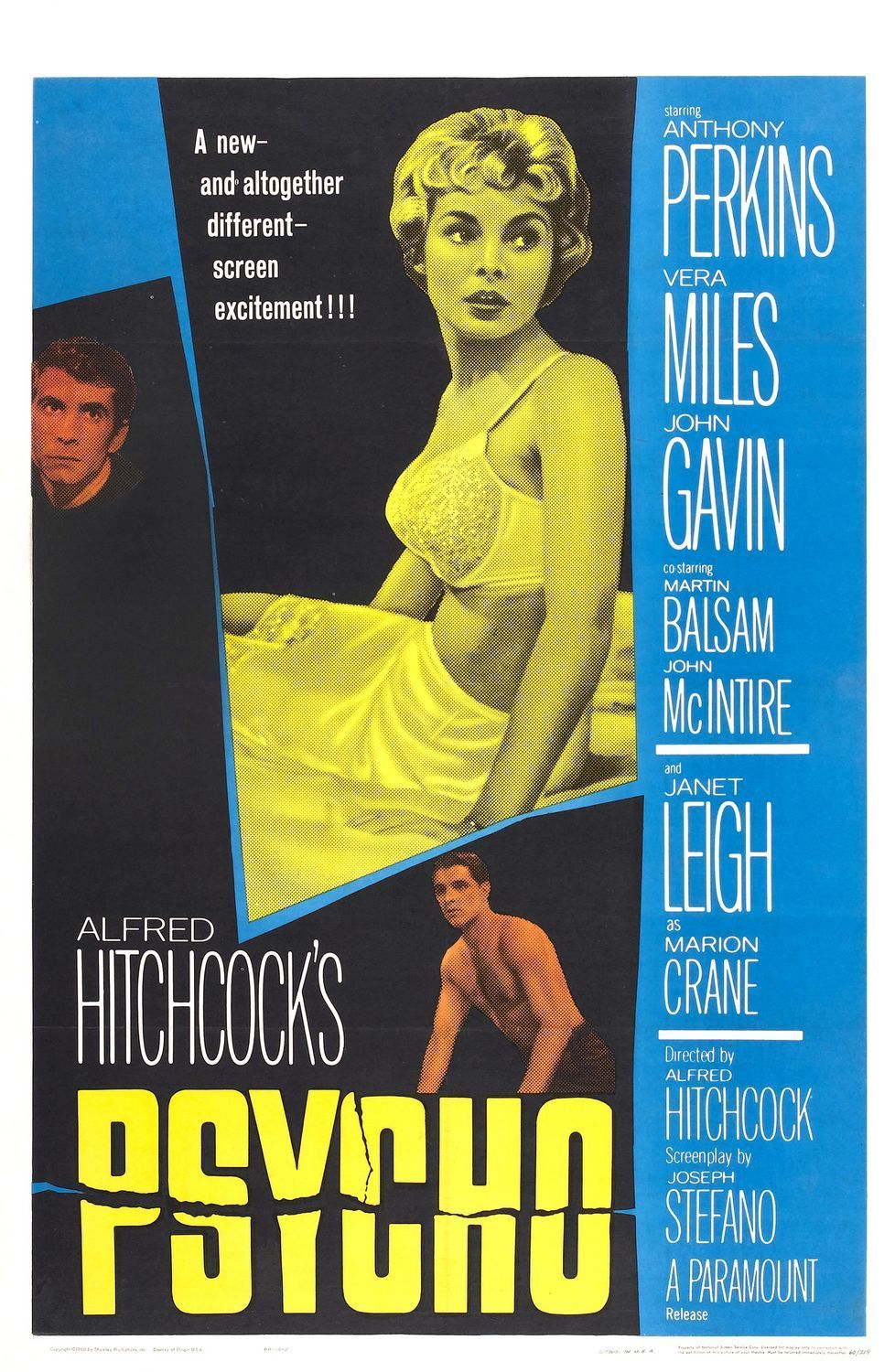
Psycho
- Release Date
-
September 8, 1960
- Runtime
-
109 minutes
2
‘The Silence of the Lambs’ (1991)
Directed by Jonathan Demme
«A census taker once tried to test me. I ate his liver with some fava beans and a nice Chianti.» Jodie Foster stars here as Clarice Starling, an FBI trainee tasked with interviewing Dr. Hannibal Lecter (Anthony Hopkins), a brilliant psychiatrist and convicted cannibalistic killer. Lecter, imprisoned behind glass, toys with Starling’s mind, offering cryptic clues about a new serial killer, Buffalo Bill (Ted Levine), who is kidnapping and murdering women.
What follows is one of the most psychologically layered thrillers ever made, as Starling must balance her fear and intellect against Lecter’s chilling games. This approach could have crashed and burned were it not for the towering, mesmerizing performance from Hopkins. He’s utterly electrifying, elevating Lecter to the ranks of cinema’s all-time greatest villains. Not for nothing, The Silence of the Lambs made Oscar history that year as the first horror movie to sweep all five of the big awards, the last film to achieve the honor.
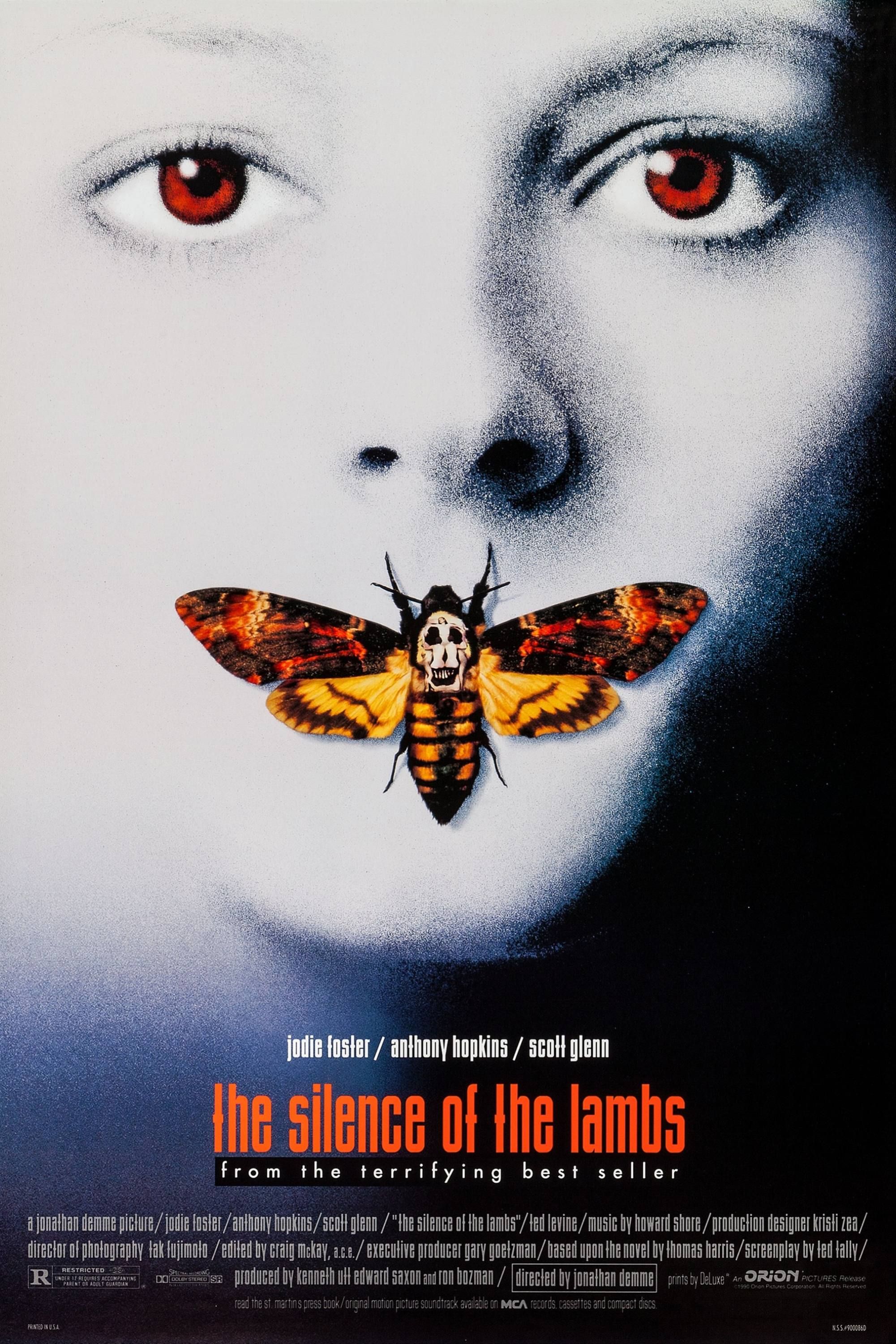
The Silence of the Lambs
- Release Date
-
February 14, 1991
1
‘Se7en’ (1995)
Directed by David Fincher
«What’s in the box?» Claiming the top spot on this list is Se7en, David Fincher’s bleak and nightmarish descent into pure evil. Morgan Freeman and Brad Pitt play detectives Somerset and Mills as they track a serial killer who commits murders based on the seven deadly sins. The crimes are gruesome and elaborate, each staged as a twisted moral lesson. The detectives grow more entangled in the case, but the killer, John Doe (Kevin Spacey), remains eerily calm, seeming to always be one step ahead.
Visually, Fincher constructs an inescapable atmosphere of dread, with the film’s rain-soaked cityscape reflecting its nihilistic themes. He continues to deepen the darkness until the shocking climax, where Doe delivers his final, devastating sin. Se7en then ends with one of the most devastating closing monologues in cinema: «Ernest Hemingway once wrote: ‘The world is a fine place, and worth fighting for,'» Somerset says. «I agree with the second part.»
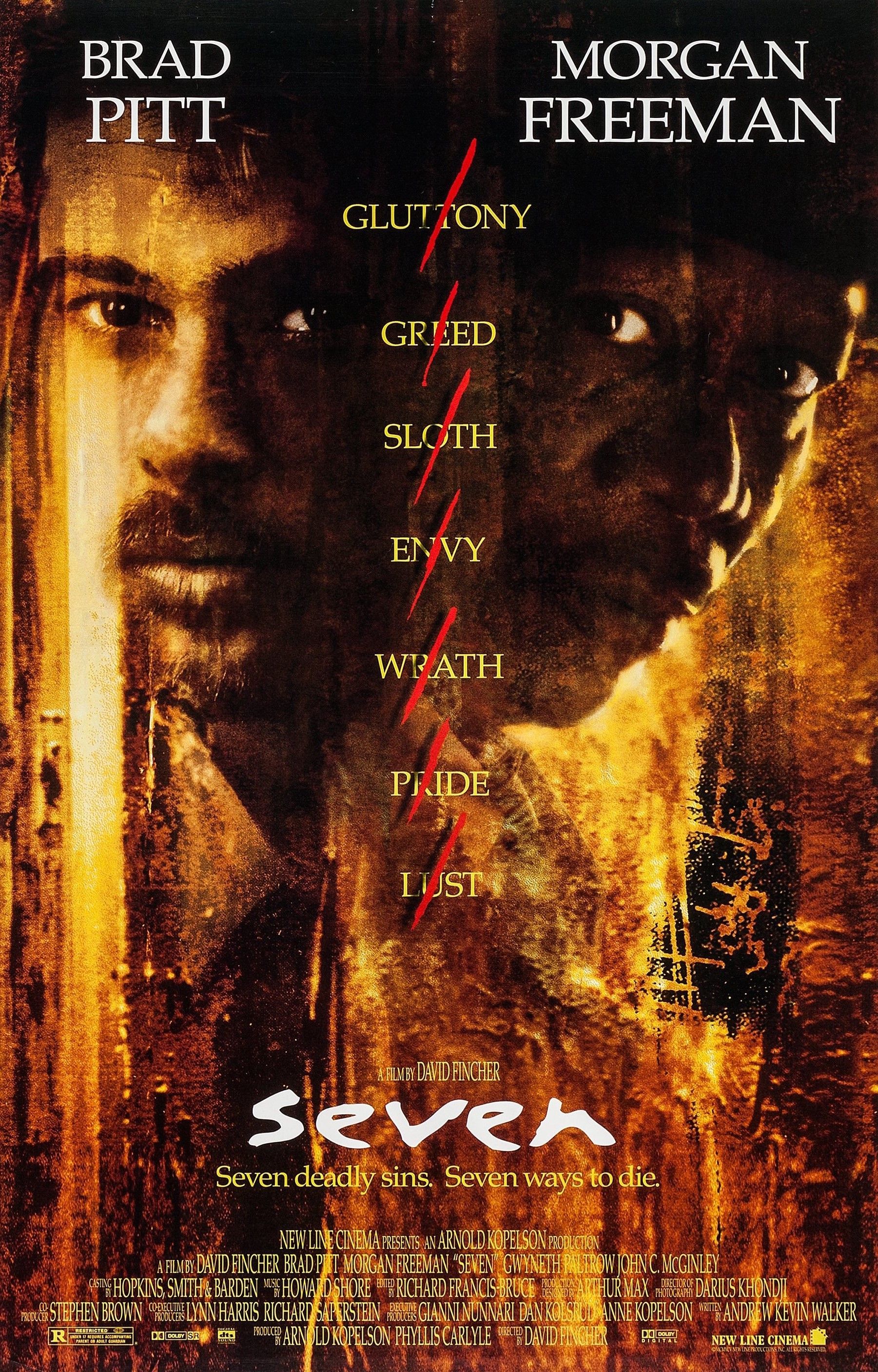
Se7en
- Release Date
-
September 22, 1995


